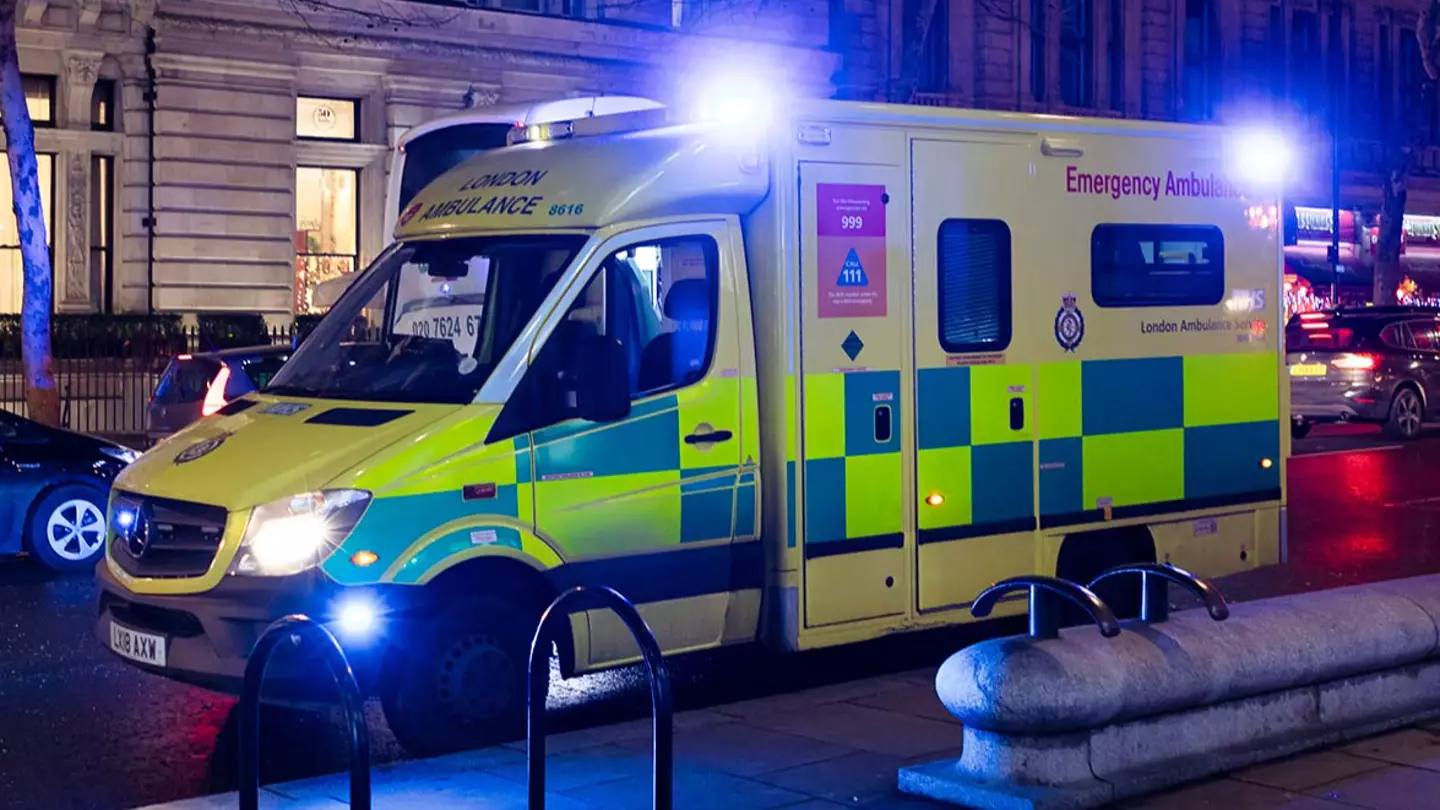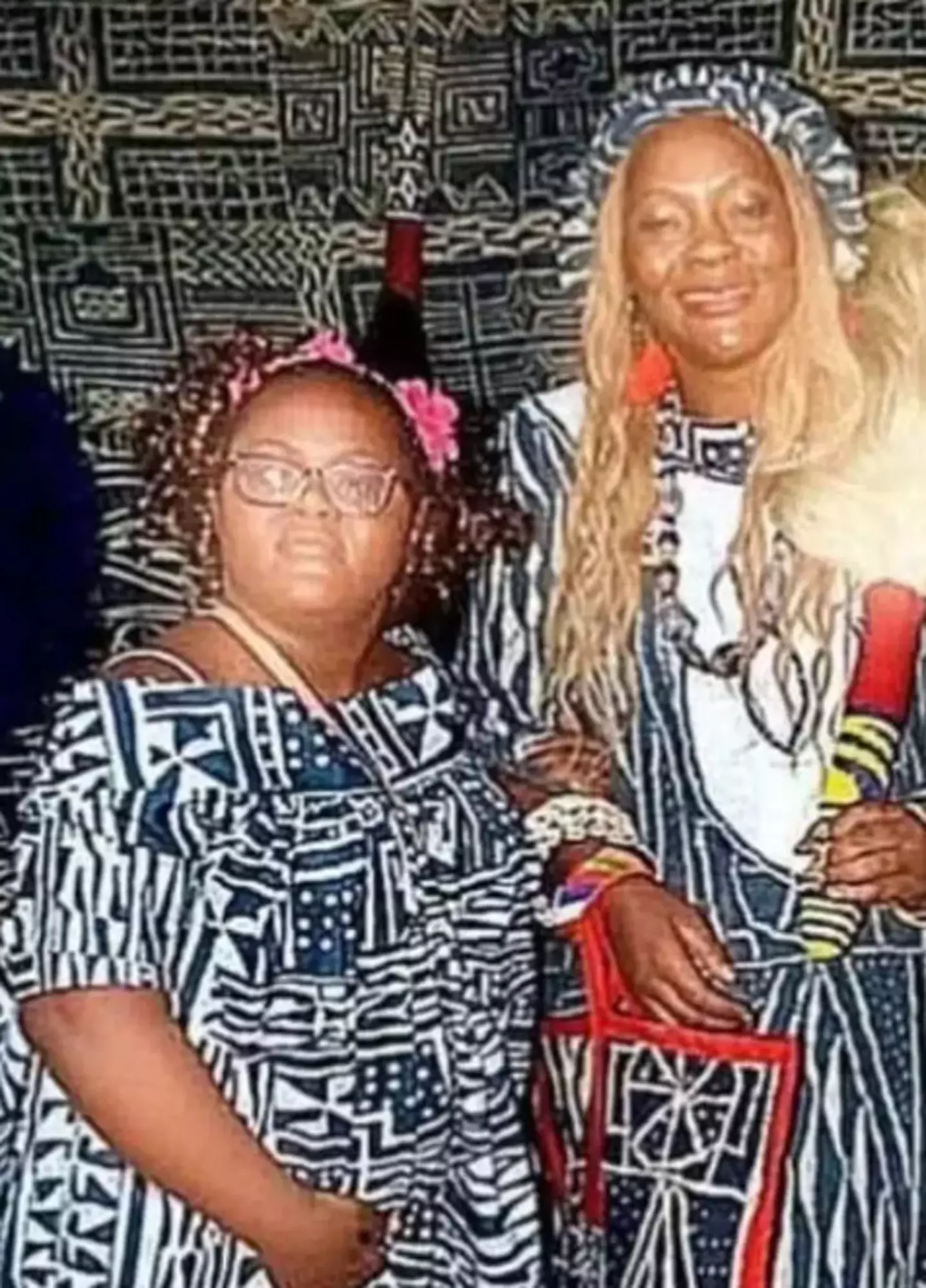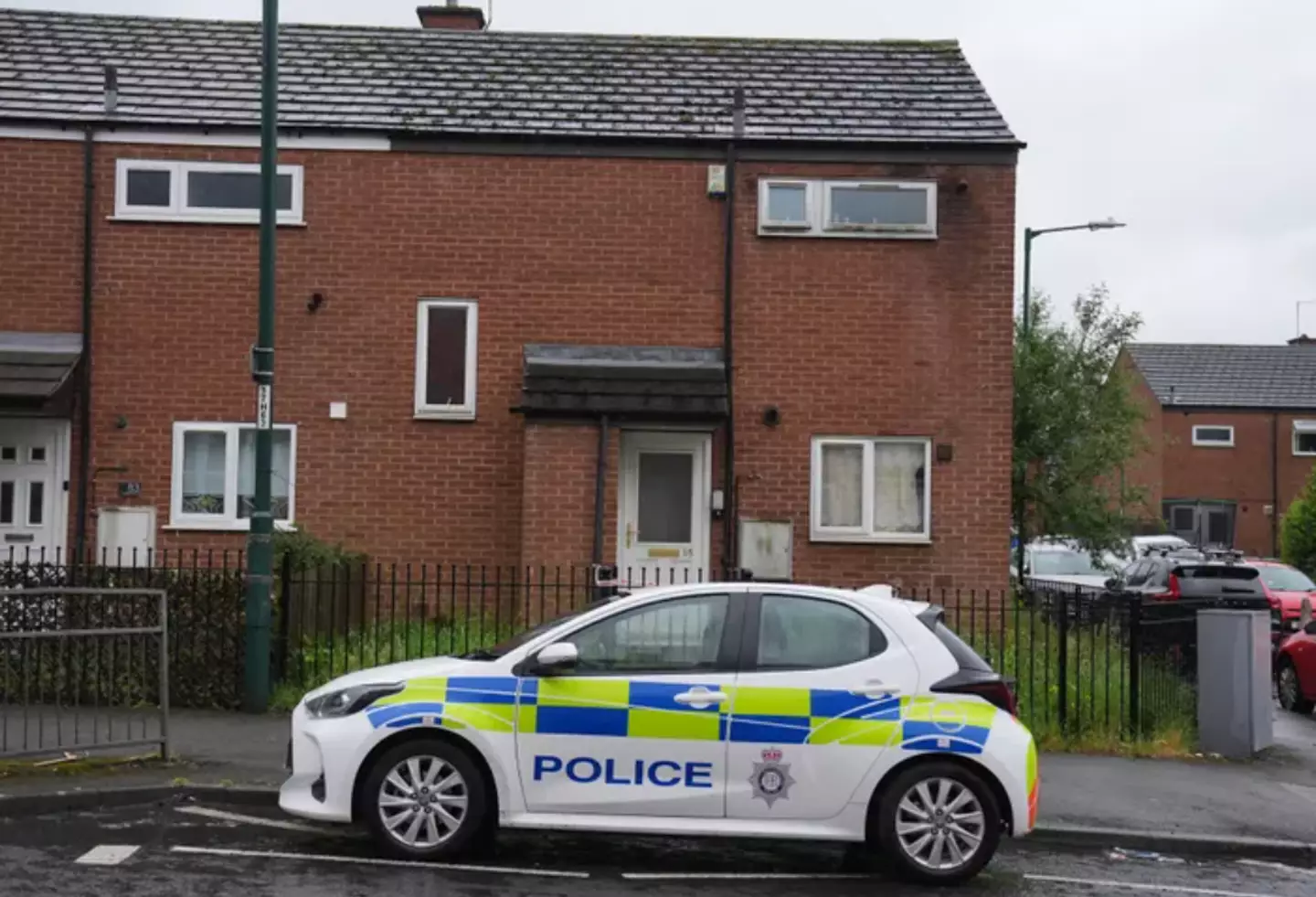An inquiry was launched into what happened at a British home where a mother and daughter d.ied, despite calling for an ambulance months before.
Alphonsine Djiako Leuga, 47, and her daughter, Loraine Choulla, 18, were found d.eceased at their Nottinghamshire home in May last year.
Most tragically, an inquiry revealed that the mother had called 999 to get an ambulance that never came.

Officials from Nottingham Police, the Nottinghamshire Coroner’s Service and the East Midlands Ambulance Service have spoken out in court about this incident and revealed their findings following an inquiry this week.
The inquiry began on July 21, and at the inquest, Detective Con Jack Cook of the Nottinghamshire Police explained that authorities now believe that Alphonsine died not long after making the call to the emergency services.
Investigations showed Loraine, who had Down’s syndrome and learning difficulties and was ‘entirely dependent’ on her mother, had been alive until 28 February.

Alphonsine’s call was answered on February 2, and the mother was able to give her address and ask them to send an ambulance before the call ended.
However, the call had incorrectly been labelled as an ‘abandoned call’
Detective Cook said: “Loraine had been left in the premises alone and had been alive until her device had lost charge.”
Authorities believe that Lorraine d.ied before her 18th birthday in April.
Alphonsine had health issues herself and suffered from sickle cell anaemia. She died of ‘pneumonia of uncertain cause’; however, her youngest daughter’s cause of d.eath remains ‘unascertained’.
During the hearing, pathologist Dr Stuart Hamilton was asked if the child’s death may have been because of dehydration or malnutrition. He responded: “There is nothing in my findings that say any of that is incorrect.”

Regarding the ambulance not being dispatched to the home, the head of patient safety at the East Midlands Ambulance Service, Susan Jevons, spoke on the matter during the inquest.
She claimed the telephone dispatcher in question had tried repeatedly to contact Alphonsine after the call abruptly ended.
She said: “The ambulance didn’t go to the address because the emergency medical adviser, thinking it was an abandoned call, closed the call down.”
Jevons went on to apologize for ‘all of the errors’ made by the service.
She added that the team’s failure to dispatch an ambulance should ‘never have happened’.
Source: unilad.com


